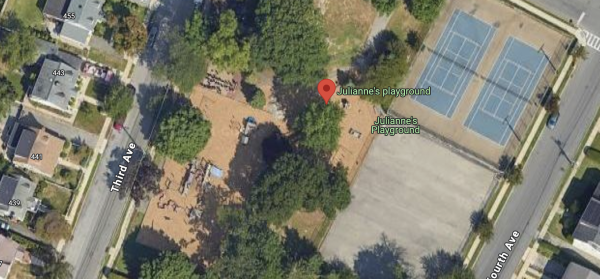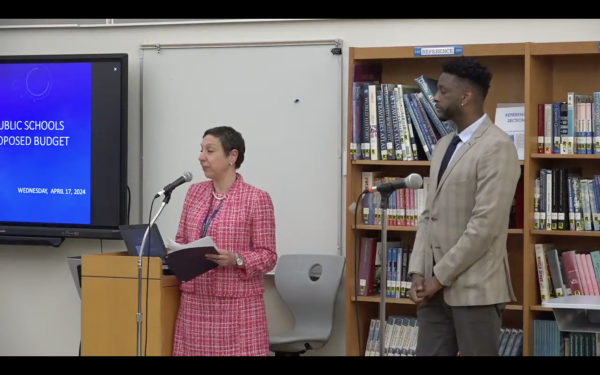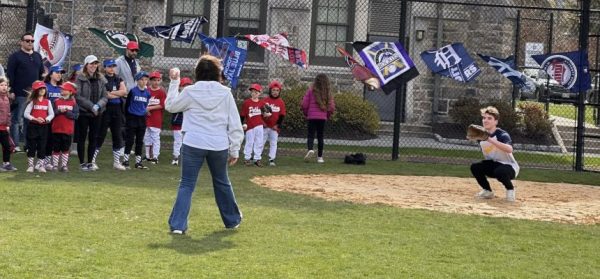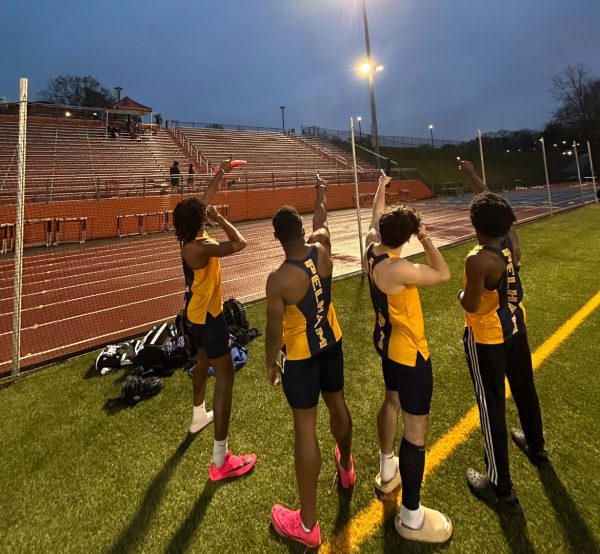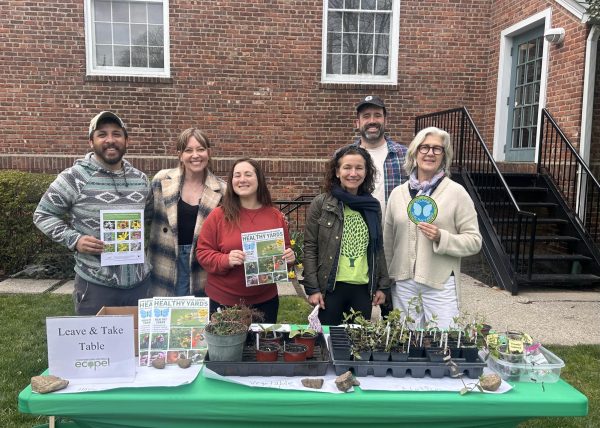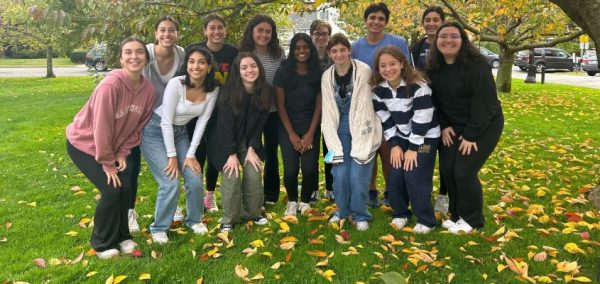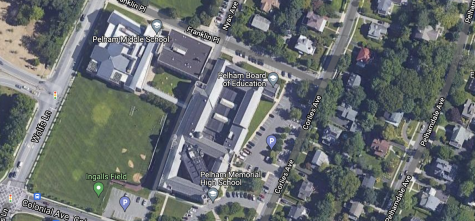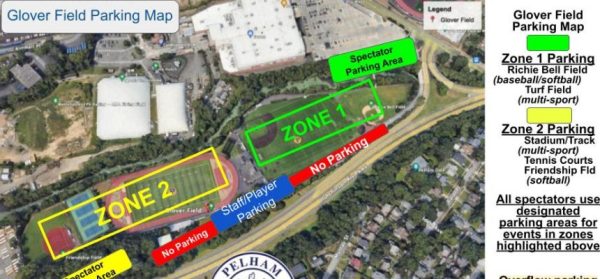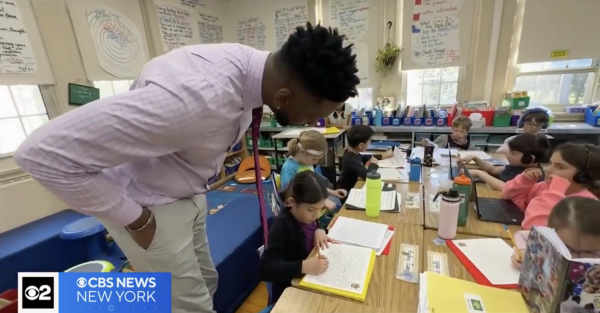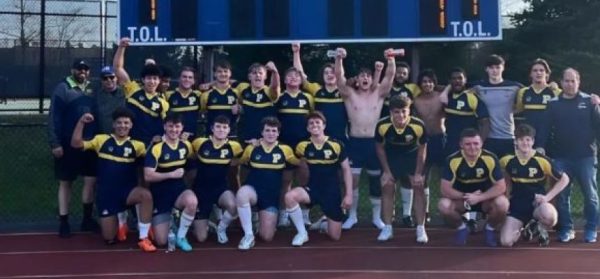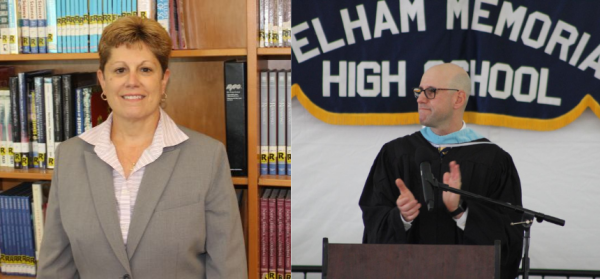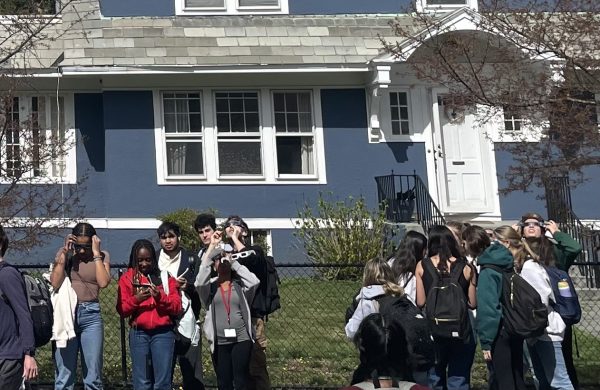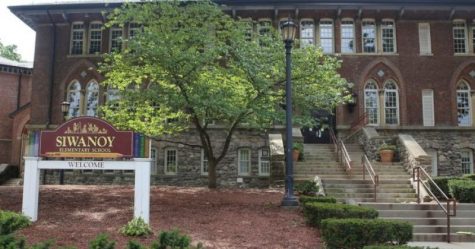Former Navy Lt. Judy Parsons tells her story of codebreaking during WWII
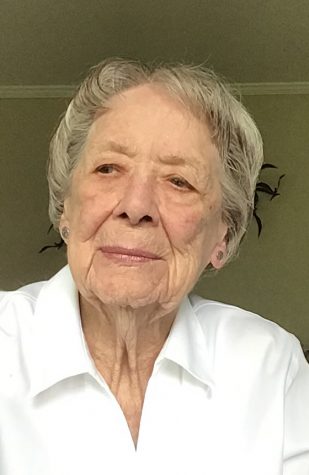
Former Navy Lt. Judy Parsons was one of many women to take on the challenge of decoding coded messages during World War II. She kept her role in the effort a secret until the 1990s and on Nov. 16 the 99-year-old veteran visited via Zoom the Pelham Manor Club to tell her fascinating story.
Parsons graduated from the Carnegie Institute of Technology, now Carnegie Mellon University, in 1942, three years into the war. She briefly took a job with Army ordnance, but she knew she could do better than an “assembly line” job. She heard that the U.S. Navy had opened its ranks to women who had graduated from college to attend officer training.
After three months of training at Smith College, she said she was sent to Washington, D.C., and assigned to the “communications annex.” Because of the classification of her position, she was required to tell others that she worked a desk job. As the posters plastering the walls in the 1940s told, “loose lips sink ships.”
Parsons said her job was to decode messages between the Germans so the information could be used to aid the U.S. military. The messages were intended to be read by other sections of the German military, but were intercepted and decoded by the U.S. Parsons and others in her unit worked tirelessly for eight-hour shifts, trying to decode the messages. However, Parsons said, “We did not break the code every day. Many days, nothing!”
Many German messages contained information about where the German submarines would be located, in groups called wolf packs to organize attacks on convoys. Meanwhile, a German high-commander insisted that German messages were unbreakable, despite the fact that the opposite was evidently true. Parsons recalled having a friend who was plagued with anxiety about her husband’s safety when he was in the convoys: “He went back and forth escorting the troops. She would just be so nervous when we didn’t break the code, so she was very happy when we did locate the submarines.”
Nearing the end of the war, the codebreakers found that they were receiving a repeating message, day after day, from the Germans, which also lacked a “dummy word” in the beginning, used to confuse the reader. Parsons said, “I have no idea what happened there. I like to think that perhaps one of the Germans thought, ‘It was time to end the war and maybe I’ll let them find a way to break our code.”
According to Parsons, the most exciting message that she decoded was when the German ship Scharnhorst was sunk, early in the war. Parsons learned of this about a month before it became public knowledge in America. “It was really exciting to think that I knew something nobody else knew,” Parsons said.
“Coming back into civilian life was not all that good,” Parson said. It felt degrading to be “just a housewife.”
“To come back and scrub floors… that was not what I had in mind for my life.”
However, Parsons then heard that Carnegie alumni were now allowed to go back to school. “This was for me because, I thought, ‘I want to go back, I want to do something,’ and my youngest was in fourth grade,” she said. “I thought I could be a teacher, then I’ll have the same hours they have, so that’s what I did.” She received her teaching certification in high school English and taught for five years.
Parsons’ husband only knew that she had a secret job; nobody even knew what happened in the building where she worked. One day, long after the war, Parsons’ friend told her of a new museum that had opened. Parsons learned that the museum was filled with Enigma machines, an encryption device used during the war by the Germans. This is how she found out that her position had been declassified. “And of course, this was long after the war,” she said. “Nobody was much interested in anything at that point. My father was long gone by then, and so was my mother… she died in ‘93, and I didn’t find this out until about ‘96, I think it was.”
Parsons now has 8 grandchildren and “9 3/3” great-grandchildren. She is active in her veteran’s group, with who she used to eat breakfast occasionally before the Covid-19 pandemic. Now, like many, they communicate through Zoom.
They welcome veteran guests from all over the world. “A Russian soldier spoke to us from Moscow last meeting,” Parsons said. “We’ve had people from Sweden, from the island of Saint Lucia, all over the country. It’s just amazing.”
She will celebrate her 100th birthday next March.
A recording of the Zoom meeting with Parsons will be available on the Manor Club of Pelham website.
Julianna is a senior at Pelham Memorial High School. She is a martial artist of nearly a decade and a musician. She has interest in writing, science, and...



